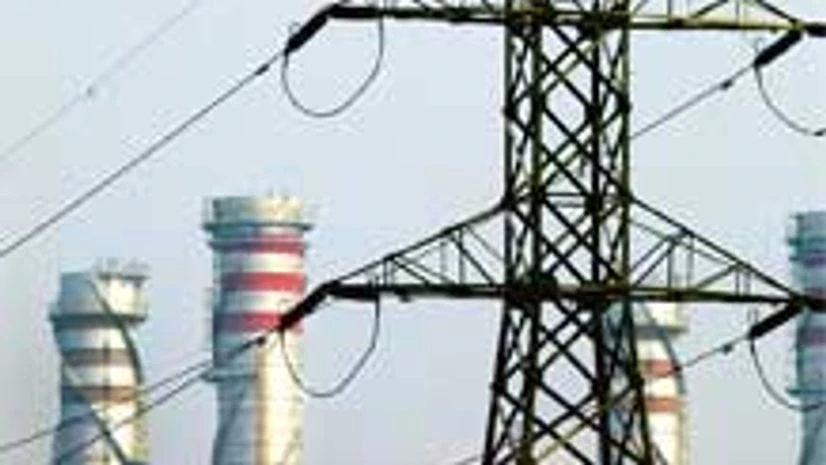Pune-based consumer organization Prayas has appealed to the Central Electricity Regulatory Commission (CERC) to decide the final tariff of power projects of Tata Power and Adani Power situated at Mundra in Gujarat after undertaking due public hearing.
Further, Prayas has requested the power regulator to allow it to make further submissions based on subsequent proceedings in this matter, if any.
Besides, it has urged CERC to follow the due regulatory procedure and consult all stake holders, most importantly the consumers of all the five state distribution companies (discoms), who will ultimately pay for the increased tariff.
More From This Section
''However, in spite of being one of the intervening parties in this matter, we have not received any copy of the said report. In our letter dated May 22 we had demanded that a thorouugh public process, similar to the one being undertaken for any other tariff revision be followed,'' said Prayas in its letter dated August 23 to CERC.
Tata Power may get a ‘compensatory tariff’ of 45-55 paise for its 4,000 MW Mundra plant, while Adani Power may be allowed to increase tariff by 50-60 paise for its 4,620-MW at the same place.
Prayas said the impact on tariff for Tata Power's Mundra project is projected to be in the range of 45-55 paise per unit. Considering normative availability of 80%, this implies tariff increase of around Rs 1,260-Rs 1,540 crore per year for the respective distribution companies (discoms).
''Thus, the compensatory tariff being offered is beyond the relief permissible under the present contractual and policy framework," it added.
Furthermore, Prayas argued that for any other revision in tariff CERC will have to follow process under section 64 of the Electricity Act, 2003. This requires publication of relevant data and need for public consultation.
Prayas pointed out shortcoming in the establishment of Deepak Parekh committee and said that there was no representation of consumer interest despite CERC talked about balancing interests of consumers and investors.
''The presence of independent banker and financial analyst can hardly be considered as adequate representation of interests of this most affected stake holder, the discom consumers. Therefore, consulting the consumers regarding the committee report and its findings becomes imperative,'' Prayas noted.

)
